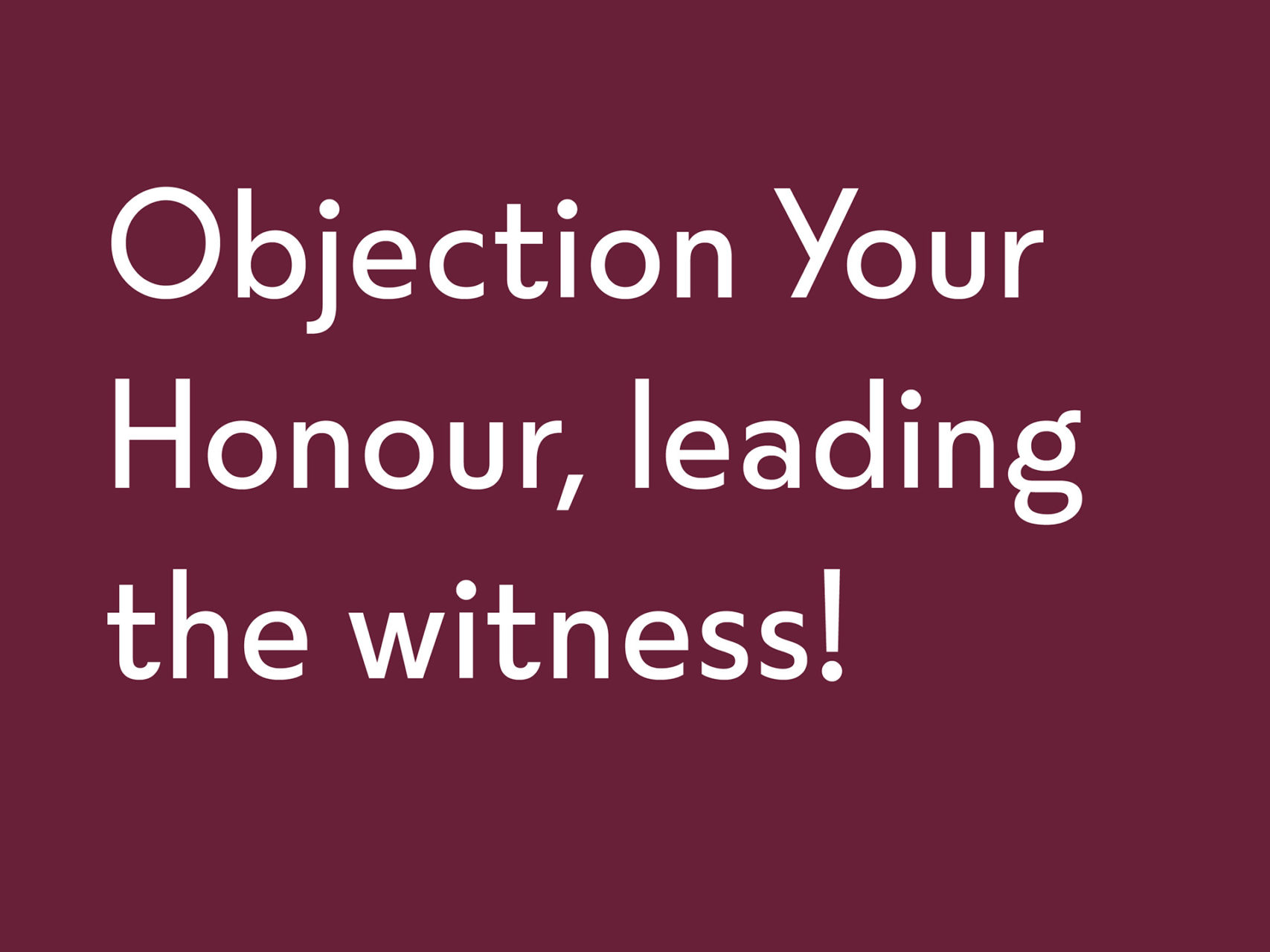I recently facilitated a workshop where we were investigating the mindset and emotional motivations for the target audience for an important project within a tech company. The team did an exercise where they had to interview each other, as if they were one of the people of their target audience.
Afterward, one of the participants said: “I was surprised it was actually quite easy to step into the shoes of somebody else and really imagine what things feel like for them. But what was surprisingly hard, was to be the interviewer, and ask the right questions. Questions that are truly open questions.”
Sound familiar at all?
Maybe your inner line-backer just firmly stood up in the pre-frontal cortex part of your brain, immediately jumping to your defence, feeding you thoughts like: “oh yeah it’s so annoying when people ask you those kind of leading questions, when you just feel they’re trying to get you to say something. The kind of questions that feel like a prejudice sandwich wrapped in an assumption – ugh! That why I always ask really open questions. I would never be suggestive in my questioning.”
I know. You wouldn’t. Not intentionally, at least. Same here – but hey, we’re human, right?
But the thing is: asking leading questions is a way for your brain to complete a prefab picture in your head about what’s on the table of who’s sitting in front of you. Even you could sometimes be ‘leading the witness’ with your questions. Because it’s really hard for your brain to not make judgements. It’s how it’s programmed – we need to be judgemental to make decisions about our next move: what’s smart, what’s not. What’s true, what’s not. Your subconscious is constantly trying to predict the future. And it’s also why we put people in boxes, and why those “Click here to find out what type of personality you are!” quizzes are so damn popular.
You can’t completely stop yourself from judging others, but you can decide what kind of judge you want to be. Think about an adjective that would describe the kind of judge you want to be:
Fair? Open-minded? Compassionate? Objective?
I’ll leave you with one simple question you can use in your conversations that, combined with deep listening and compassionate curiosity, will open hatches in your brain ánd in the brain of the person you’re talking to and get you to places you couldn’t have predicted.
It’s so simple you’ll think it’s stupid. But I’m asking you to delay your judgement, and try using this question in at least three conversations this week. Especially in conversations with people you think you know through and through…
Here it is:
“Oh that’s fascinating what you just said: tell me more, please?”
With this question, you’ll be sure that you won’t be leading the witness – you’ll be inviting them to explore their own thoughts and feelings in your curious presence.
